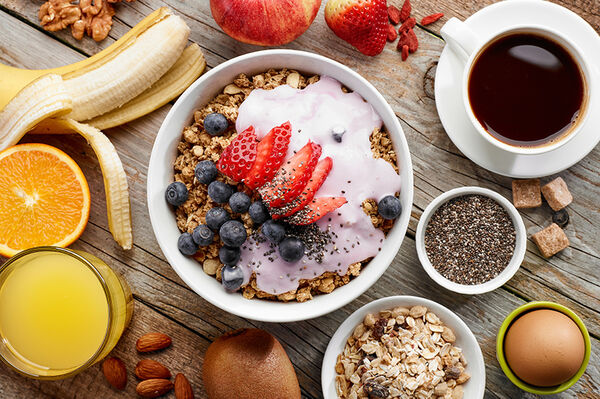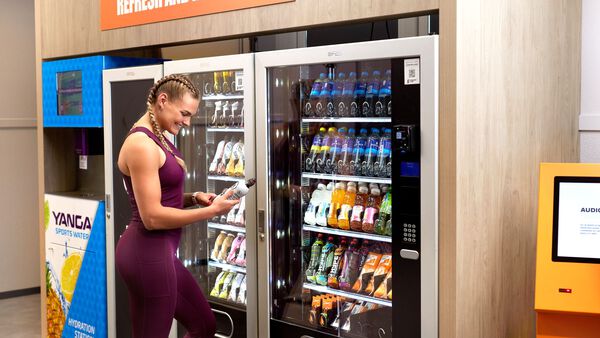A HIGHER MEAL FREQUENCY LEADS TO A HIGHER METABOLISM
Fat burning and your metabolism would be slower if you eat less often. But is it? The idea is that you should eat a meal every few hours to keep your metabolism 'high' and your fat burning active. This idea occurs in all kinds of ways, such as: eat every 2/3 hours or eat 3 main meals and 3 snacks in between. However, several scientific studies have shown that this idea is wrong. Spreading many small meals throughout the day is not necessarily wrong or bad, but it is about the reason given.
HOW DID THIS MYTH ARISE?
It is true that eating a meal temporarily increases metabolism, as the body uses energy to process food. But to make a good comparison between the amount of meals, the daily calories and macronutrients must be equal. The increase in resting metabolism (RMR) is equal to the composition of the meal. So the larger the meal, the more the resting metabolism will increase. The six meals a day contain fewer calories than the three meals, so the effect per meal is smaller, but the net result over the whole day will be the same.
PERSONAL PREFERENCE
If you are accustomed to eating several times a day because, for example, you cannot function on an empty stomach, it is wise to just keep it up. But if you don't have time to prepare a meal or if you can function well with a little hunger, it's a good idea to eat less often, larger portions. So choose what suits you and what works for you. Be aware of the danger that hungry people will eat unhealthy foods more quickly. The temptation to buy unhealthy products is greater if you go to the supermarket on an empty stomach.
MEAL FREQUENCY AND SPORTS
If you exercise a lot, it is important to provide your muscles with the right nutrition at the right time. Try to eat a meal with a reasonable amount of carbohydrates three or four hours before the workout. After the workout, within half an hour, it is important to eat a small meal with fast carbohydrates, for example a banana. By the way, it is important to eat a warm meal, consisting of a large amount of carbohydrates and protein, within two hours after the workout. Please note that your body needs less nutrients on rest days than on training days.




